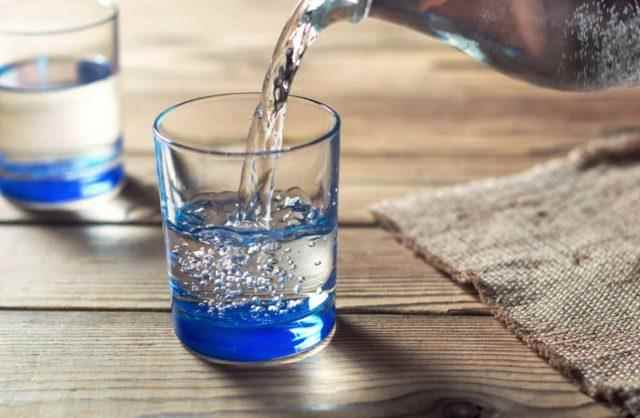The importance of paying attention to a healthy diet is stated at every opportunity in order for our kidneys and other organs to function fully. The importance of drinking water is also known by everyone. However, drinking water can be forgotten during the day. A study published in the medical journal The Lancet found that adults who don’t get enough fluids may age faster and may even have a higher risk for chronic diseases that can lead to premature death.
REGULAR LIQUID INtake slows down the aging process
Researchers from the National Institutes of Health conducted the study by analyzing the medical visits of more than 11,000 adults aged 45 to 66 in the US over a 25-year period, followed by follow-up visits aged 70 to 90. “The evidence emerging from ours and other studies shows that adding consistent and good fluid intake to healthy lifestyle choices can slow the aging process,” the study’s lead author, Natalia Dmitrieva, told NBC News in an email.
INSUFFICIENT LIQUID CONSUMPTION CAUSES VARIOUS PROBLEMS

During the study, the researchers tracked subjects’ hydration by monitoring how much sodium was in their blood—the higher their sodium levels, the less hydrated the participants were. The analysis showed that the 11,000 participants’ fluid intake was within the normal range, with blood-sodium concentrations between 135 and 146 millimoles per liter. However, people whose levels were at the higher end of this range (more than 144 millimoles per liter) were 50% more likely to show physiological signs of aging. These include high cholesterol, blood pressure, and elevated sugar levels, as well as physical symptoms such as sunken eyes, cheeks, and dry skin.
INCREASES THE RISK OF ACCESSING SERIOUS DISEASES

“People in middle age with serum sodium exceeding 142 mmol/l are at increased risk of becoming biologically older,” the researchers wrote in the study. Most surprisingly, the study suggested that this group also had an increased risk of premature death of about 20%. They showed that they were more likely to develop deadly diseases such as heart failure, stroke, diabetes, dementia and chronic lung diseases.
THE THIRD RESPONSE FAILS AS YOU AGAIN

“The risk of developing these diseases increases as we age and as damage accumulates in various tissues in the body,” Dmitrieva, a researcher at the National Health Heart, Lung, and Blood Institute, told NBC. In previous research, Dmitrieva has found that dehydration can lead to an increased risk of heart failure. Experts recommend drinking eight to 10 glasses of water a day, but a 2020 study of 2,000 US adults found that only 20% of people meet this goal. As people age, the thirst response weakens and they are less likely to realize they need more water.
